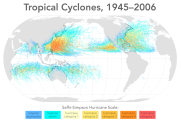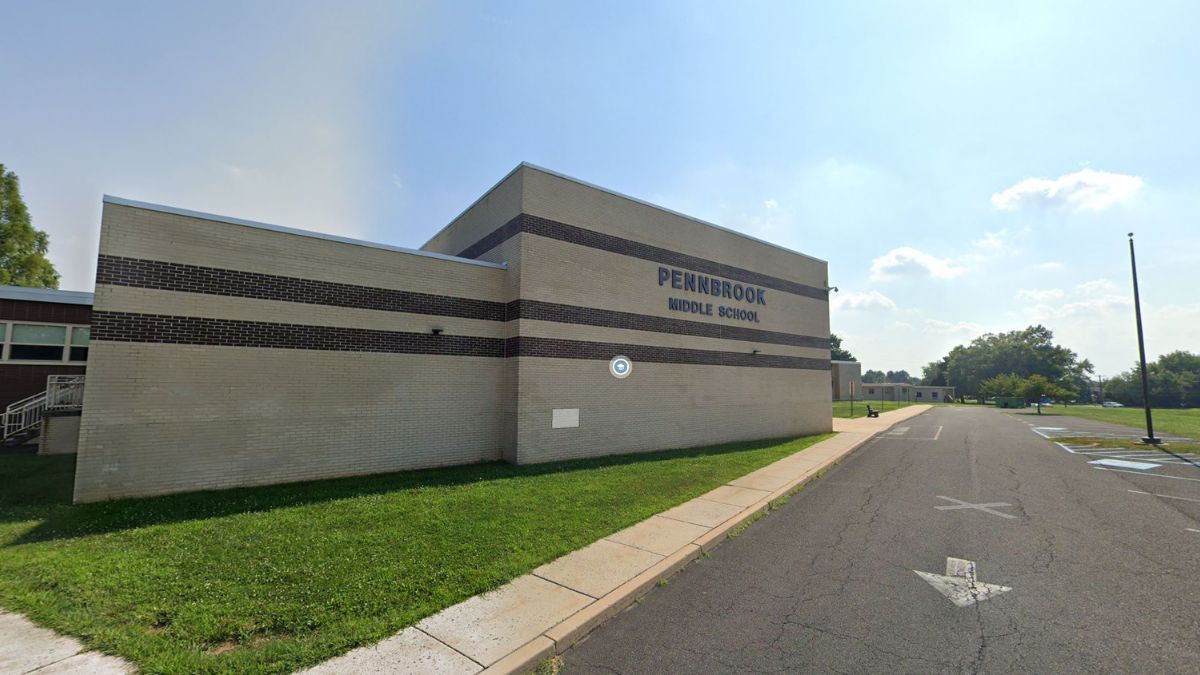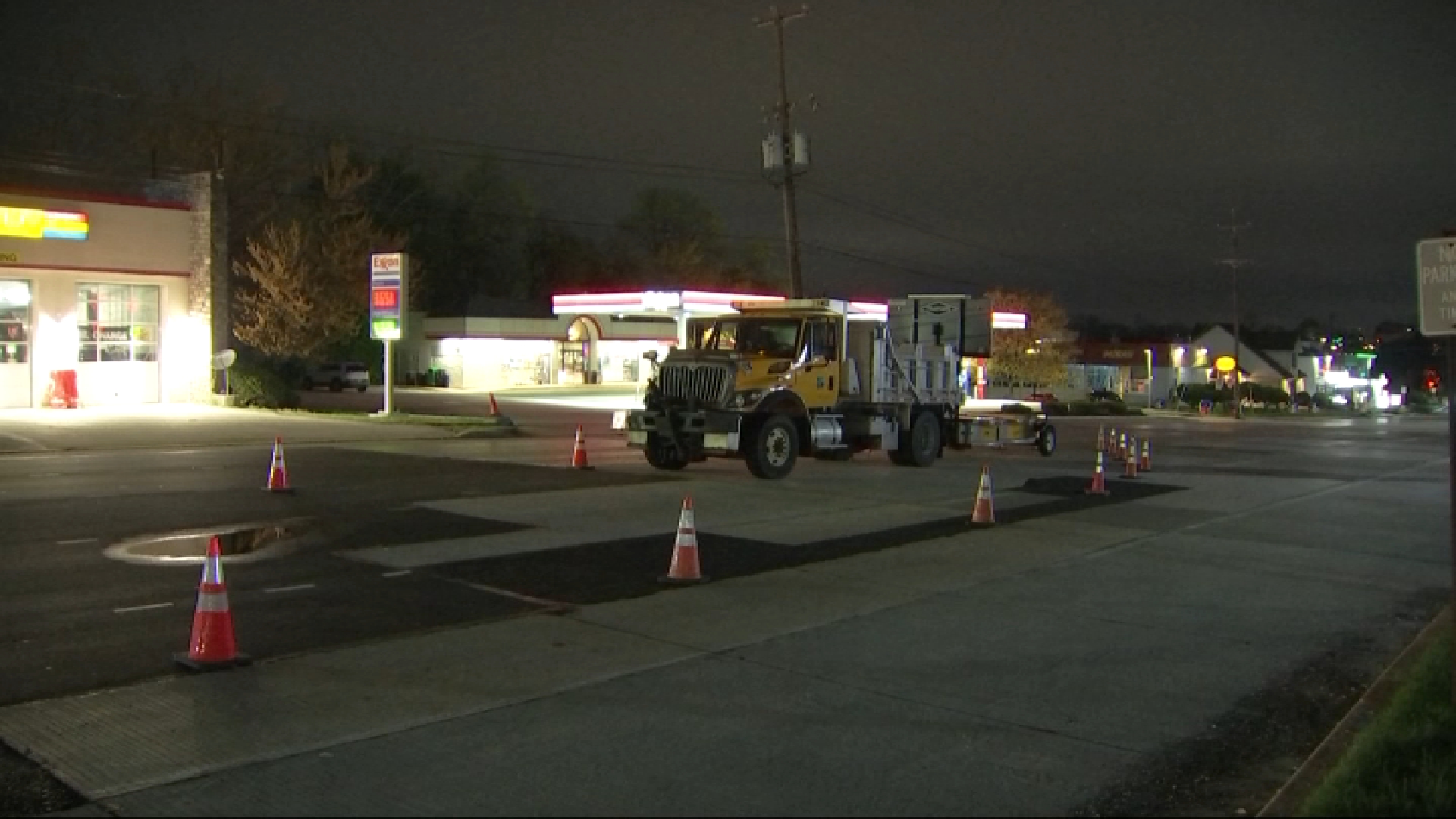HURRICANES, TYPHOONS, AND CYCLONES
Every hurricane season is different. Some have lots of storms. Some have few storms. And some parts of the earth have a lot more storms than others. We, who live near the North Atlantic Ocean, Caribbean Sea, and Gulf of Mexico call them “Hurricanes." Storms in the Eastern Pacific Ocean are also called Hurricanes, although there are those who don’t believe it (I have actually settled bar bets on whether they’re called Hurricanes or Typhoons).
They indeed are called “Typhoons” in the Western Pacific Ocean, and more form there than any other place on Earth. Meanwhile, in the Indian Ocean, and in the South Pacific, they’re called “Cyclones” (which is really confusing, since all storms, tropical or not, are cyclones). Here is a map showing the areas they form, and in which areas they are the most common:

Each area of tropical formation, called “basins” gets its own list of storm names, plus a different place that is responsible for warnings. For example, The National Hurricane Center (NHC) in Miami is responsible for hurricanes in the North Atlantic and East Pacific. That’s it. For the rest of the world, it’s a combination of various countries and the U.S. Navy’s JTWC (Joint Tropical Warning Center). This causes plenty of confusion, especially since each warning center uses ITS OWN NAMES for the storms! I don’t know how other centers get their names, but I did work at NHC way back in the ‘70s, and I worked next to the guy who personally named hundreds of storms. So I know the secrets!
“CAN I HAVE A HURRICANE NAMED AFTER ME?”
Yes, there were women (it was still all male names when I worked at NHC) who asked us to name hurricanes after them. Some sent their requests directly to the Director of NHC, Dr. Neil Frank. And some included pictures. Yes, the kind to get noticed. “Aren’t I worth having a hurricane named after me”? Dr. Frank never passed around the pictures, but he told us about them, blushing at the same time.
Local
Breaking news and the stories that matter to your neighborhood.
Men called and wrote to us also. Some wanted us to name a storm after their wife or girlfriend. Others called from bars, asking (or at times, begging) me to name one after a woman they were trying to pick up. “Look, I promised this girl that I could get this done. Help me out, friend!” It sure was interesting answering phones at NHC, especially at night when I wasn’t supposed to.
THE MAN WHO NAMED THE STORMS (at least some of them)
His name was Gilbert Clark, and he was quite a character. Gil had a strong Texas accent, and would often cackle after saying something he thought was funny. If you ran into him at the grocery store, you would never believe he was one of a handful of Hurricane Specialists at NHC. He made some of the official forecasts for 40 years. And he LOVED storms of all kinds, with a childlike glee.
He was once quoted in a local magazine interview: “People ask me all the time if I can do anything about the weather. But they don’t know that if I could do anything about the weather, it would be bad ALL the time!” Just about all meteorologists can identify with that feeling, but wouldn’t have the guts to say anything close to that in print.
Needless to say, I loved hanging around Gil and hearing his stories. And one of them was how he was pulled aside by the NHC Director (the one before Dr. Frank) and asked to come up with the list of ALL tropical cyclone names for an entire decade. It wasn’t easy, but he did it. Many of the names came right out of a baby naming book. But some came from his relatives, the secretaries at NHC, and even his favorite movie stars. NHC always said storms were not named after specific people, but that wasn’t the full truth. One was named after his daughter Roxanne. Another was “Anita”, after the sexy actress from the era, Anita Ekberg.
Gil got the ultimate compliment many years later-he had a storm named after him. And “Gilbert”, in 1988, was, at the time, the most intense hurricane ever recorded in the Atlantic basin. He wouldn’t have had it any other way.
MEN’S NAMES ALTERNATE
It was the first woman Secretary of Commerce (the department that runs NHC) who changed the history of only naming storms after women. Juanita Kreps changed that, as I recall, immediately after taking office. The original naming was inspired by World War II, when pilots put names of their wives, girlfriends on their planes. Now, in 1979, the order was to alternate men’s and women’s names.
Soon after that, the World Meteorological Organization (WMO) took over naming worldwide. They used a list of six years’ worth of names, and then started over. A name could be used over and over, unless it was a big enough disaster to have the name retired. And there are many retired names, including Sandy, Katrina, Andrew, Agnes, Hugo, Floyd, and Camille.
WHY NAME THEM AT ALL?
There actually is a good reason tropical cyclones have names. There are times when there are two or more storms on the map. It is much easier to follow when each storm has a simple, memorable name.
THE YEAR THEY RAN OUT OF NAMES
It was 2005, and the season started early, with Arlene in early June. By the end of September, Rita became the 17th named storm. And the season just kept on going. The last pre-determined name was Wilma, in October. Then they went to the Greek names “Alpha, Beta, Gamma, and ended with the 28th storm, Zeta, which formed December 30 and continued until 2006.
THIS YEAR’S NAMES
You’ve probably seen the list of names for 2015 in the Atlantic. But here is the list with the pronunciation of each:
2015
Ana AH-nah
Bill bill
Claudette klaw-DET
Danny DAN-ee
Erika EHR-ih-kuh
Fred frehd
Grace grayss
Henri ahn-REE
Ida EYE-duh
Joaquin wah-KEEN
Kate kayt
Larry LAIR-ree
Mindy MIN-dee
Nicholas NIH-kuh-luss
Odette oh-DEHT
Peter PEE-tur
Rose rohz
Sam sam
Teresa tuh-REE-suh
Victor VIK-tur
Wanda WAHN-duh
By the way, there never has been, and never will be, a Hurricane Schwartz. Except on TV in Philadelphia, that is…..
You can watch Glenn “Hurricane” Schwartz every weekday on NBC10 at 11 a.m., 4 p.m. and 6 p.m. Follow him on Twitter @HurricaneNBC and stay informed when weather changes on the NBC10 app and with the NBC10 First Alert Weather Team on Facebook: NBC10Weather.



